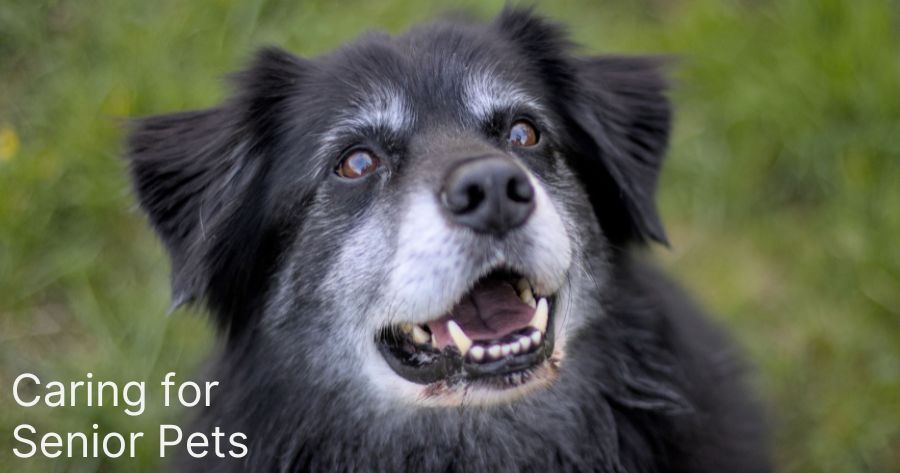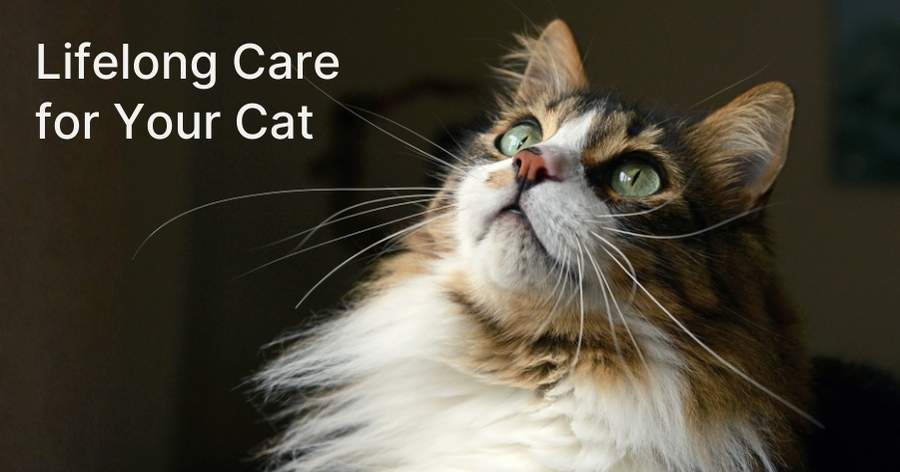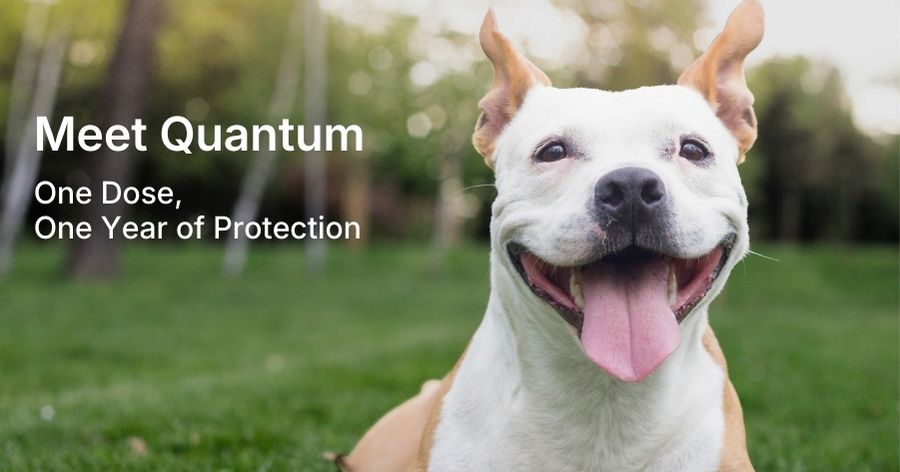
Thanks to improved nutrition, preventive medicine, and dedicated pet parents, dogs and cats are living longer than ever. With age, however, come new health challenges that require proactive care and monitoring.
Most cats and small dogs are considered seniors at around 7 years of age, while larger breeds may reach senior status closer to 5–6 years. During this stage, metabolism slows, organ function changes, and mobility may decrease. Early recognition of these shifts helps maintain a high quality of life.
Senior pets benefit from regular veterinary visits. These checkups often include bloodwork, urinalysis, and other diagnostic tests to screen for:
Catching subtle changes early allows for timely treatment, which can significantly extend both lifespan and comfort.
Aging pets typically need diets with fewer calories but more high-quality protein and essential fatty acids to support joint and cognitive health. Weight management is critical—obesity contributes to arthritis, diabetes, and cardiac strain. Low-impact exercise such as leash walks or controlled play helps maintain strength and flexibility.
Small changes at home can greatly improve your older pet’s comfort. Consider orthopedic beds, elevated food dishes, non-slip flooring, or ramps for easier mobility. Maintaining a predictable routine also helps reduce anxiety and cognitive decline.
At Cottner Creek Pet Clinic, we believe aging pets deserve the same level of attentive, compassionate care they’ve given us throughout their lives. With the right preventive approach, you can help your pet age gracefully and comfortably. If you have questions or want to make an appointment for your senior pet, call (402) 334-5975 or request online.
Closed daily from 12:30-1:30pm for lunch; Wednesdays closed from 12:30-2:30pm for lunch/meetings


